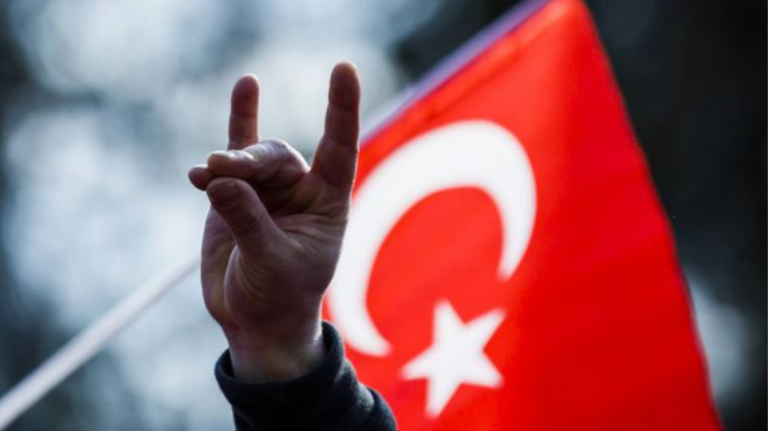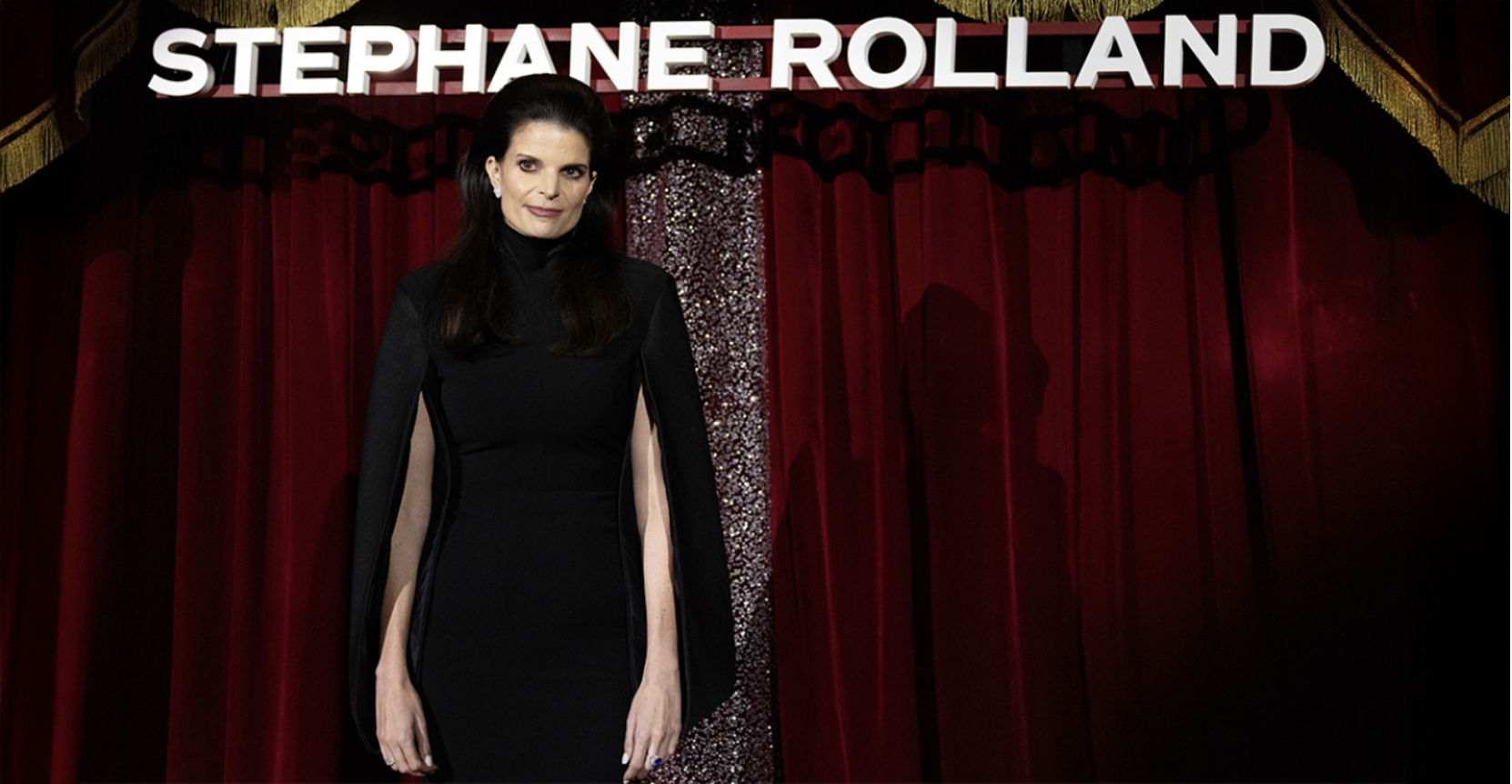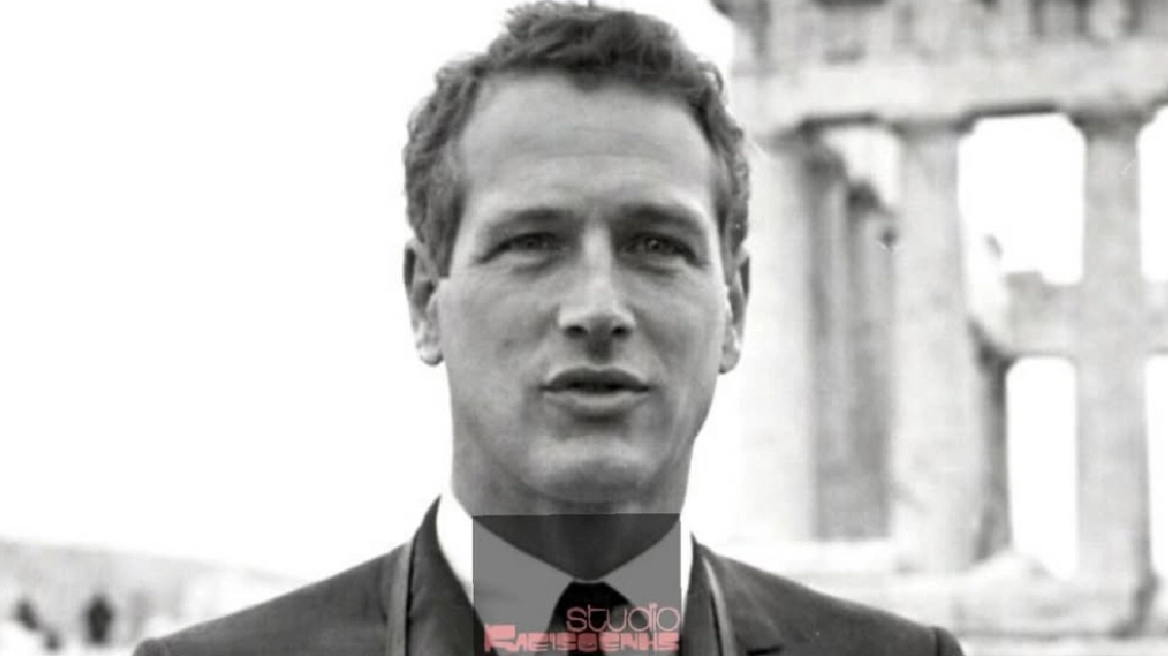On 18 January 2001, France’s parliament passed a bill recognising the massacres of Armenians living under Ottoman rule during World War One as genocide. The move prompted a swift reaction from Ankara at the time, and Turkey still denies the genocide claims put forward by survivors of the killings and their descendants.
It was 20 years ago this day that France became the first major Western power to recognise the massacre of 1.5 million Armenians by the “Young Turk” government between 1915 and 1917 as genocide.
Turkey, however, has long maintained that the total figure of those killed amounted to around 300,000, both Armenian and Turkish, in what Ankara refers to as a “civil conflict”.
In the wake of France’s move to recognise the massacres as genocide, Ankara recalled its ambassador to Paris, and Europe braced itself for a political and economic backlash from Turkey, which never actually materialised.
RFI’s David Coffey spoke to Vartan Kaprielian, President of the Chamber of Commerce of Armenia in France, who is currently in Yerevan, and asked about the historical importance of France’s position with regards to Armenia’s suffering at the end of the Ottoman Empire.
“It was very important for us. Imagine that you’re in a cage – we were waiting for this moment – not only in France, but worldwide, we were begging countries, politicians, societies to understand that we have passed through atrocities [over the past century], and one day, the international community started to understand that something terrible had happened. And this is about our families”.
“So you understand our suffering, not only from being massacred, not only having lost our country, but also not having the possibility to say to people that what we went through was horrible”.
Elon Musk swears he’ll send humans to Mars by 2026 but that seems impossible
One in three Greeks feel more depressed on social media due to Covid-19 lockdown, survey
Turkey plays a deft hand between East and West
In the past two decades, Lebanon and Sweden have been countries of note who have recognised the Armenian genocide, although many major Western powers still haven’t given full recognition to nature of the Ottoman-led massacres a century ago. So has Turkey’s strategic and economic importance in the region eclipsed the legacy of the past?
“You got it right. The problem is that we are facing a country which is huge in terms of military power. In terms of economic possibilities. In terms of geographic strategic positioning.They really know how to maneouver between the East and the West.
“And they showed the Western countries how it would be very difficult for them to acknowledge and recognize the Armenian Genocide with the consequences would could be economic or strategic or military, like their participation in NATO, the membership of Turkey and NATO, or its positioning in the Middle East.
Read more: RFI
Ask me anything
Explore related questions





